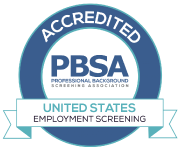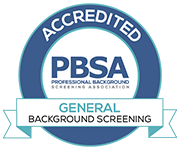Four arrested in massive NYC insurance fraud scheme
Admin
NEW YORK – Four individuals were arrested and charged for their allegedl roles in a massive scheme to fraudulently obtain commercial car insurance policies and New York City Taxi and Limousine Commission (TLC) licenses. Over a period spanning almost five years, the defendants fraudulently obtained thousands of dollars in discounted insurance policies and dozens of TLC licenses by forging documents and stealing identities.
The defendants were arrested on a Queens County Grand Jury indictment charging the defendants on 100 counts, including Scheme to Defraud in the First Degree (a class E felony), Insurance Fraud in the Third Degree (a class D felony), Grand Larceny in the Third Degree (a class D felony), Criminal Possession of a Forged Instrument in the Second Degree (a class D felony), Identity Theft in the First Degree (a class D felony), Falsifying Business Records in the First Degree (a class E felony), Offering a False Instrument for Filing in the First Degree (a class E felony) and other crimes.
“We have shut down this complex insurance fraud ring, and now these defendants will face the justice they deserve,” Attorney General Eric Schneiderman. “Auto insurance fraud leads to inflated insurance rates passed along to hard-working New Yorkers. Thesearrests by my office’s Auto Insurance Fraud Unit are another clear example of how we will continue to prosecute individuals who try to game the system and rip off the public for their own personal gain.”
According to the Attorney General’s indictment, unsealed in Queens County Supreme Court before Justice Joel L. Blumenfeld, between April 2007 and March 2012, the four defendants engaged in an elaborate scheme to obtain insurance for livery cars in the names of shell corporations by submitting forged documents and making false statements to insurance carriers and brokers. By falsely stating that the cars were affiliated with livery car bases, they were able to obtain cheaper rates. The fake documents submitted as part of the scheme included forged utility bills and fictitious leases designed to fool insurance carriers and government agencies into believing that these shell corporations were legitimate businesses that operated from certain addresses, when in fact the corporations were not legitimate and the vehicles did not operate from these addresses.
The defendants in this case also misrepresented the use of the vehicles. Through their fraudulent scheme, the defendants obtained thousands of dollars in commercial car insurance polices from multiple insurance carriers.






